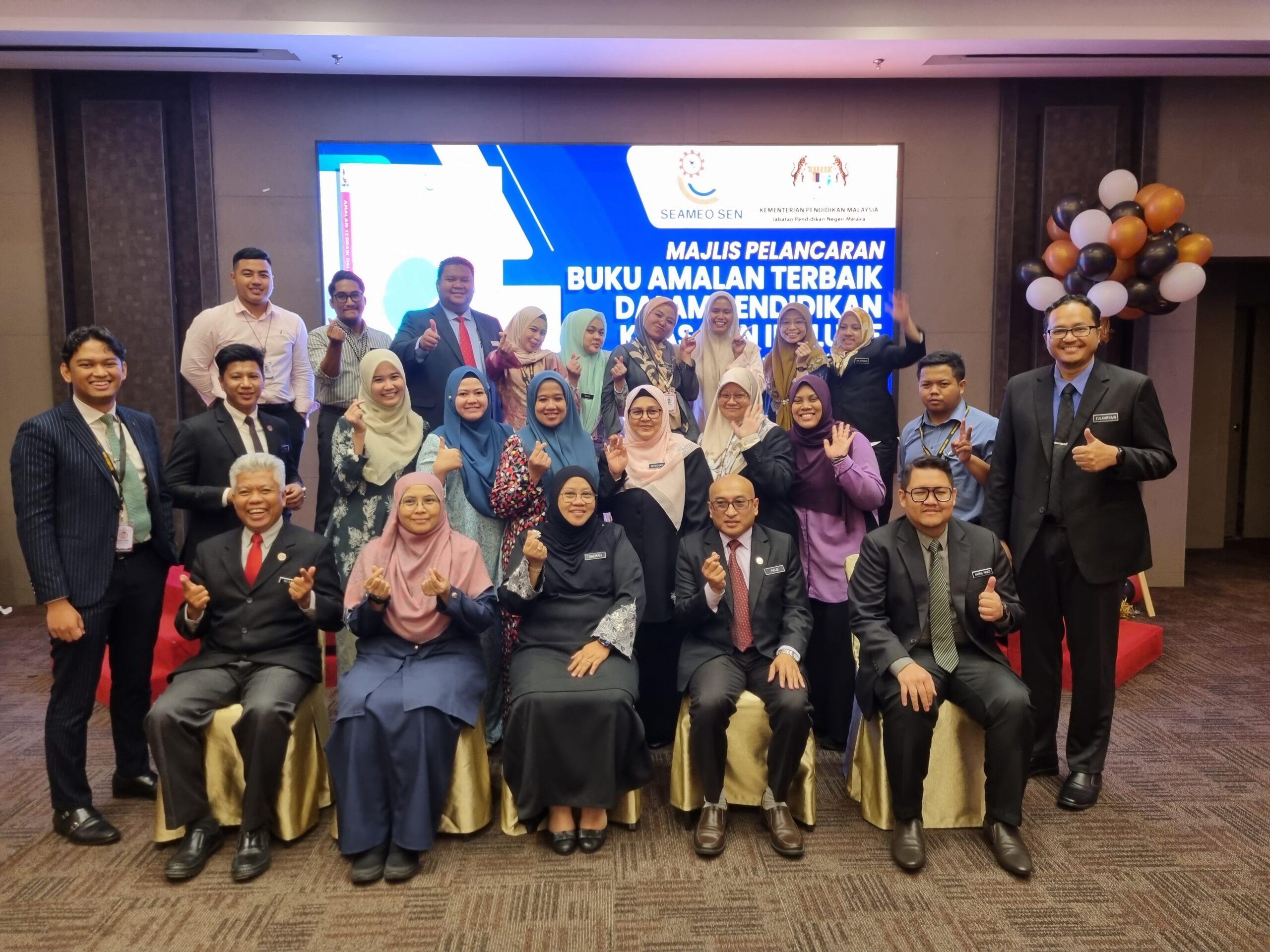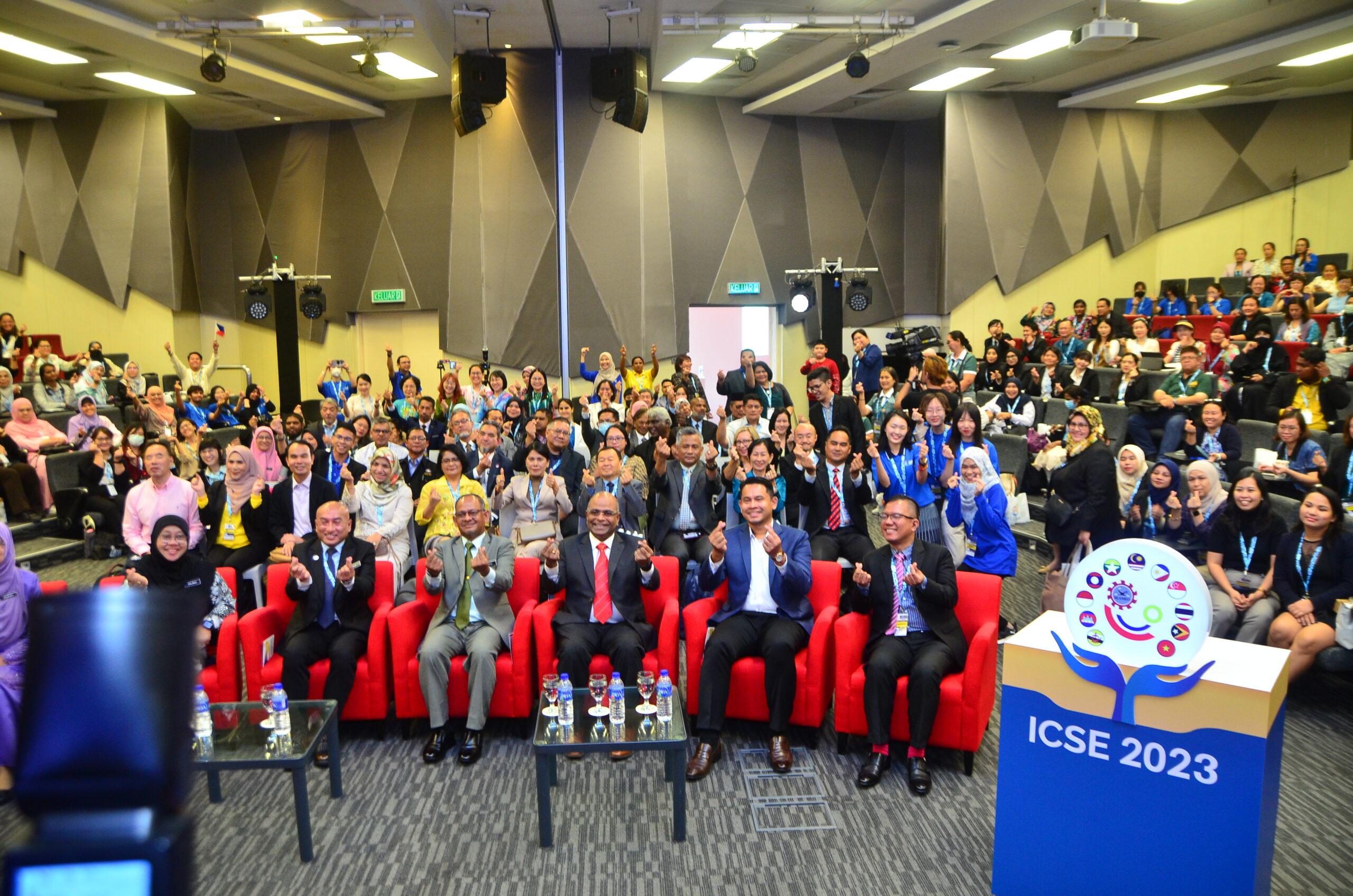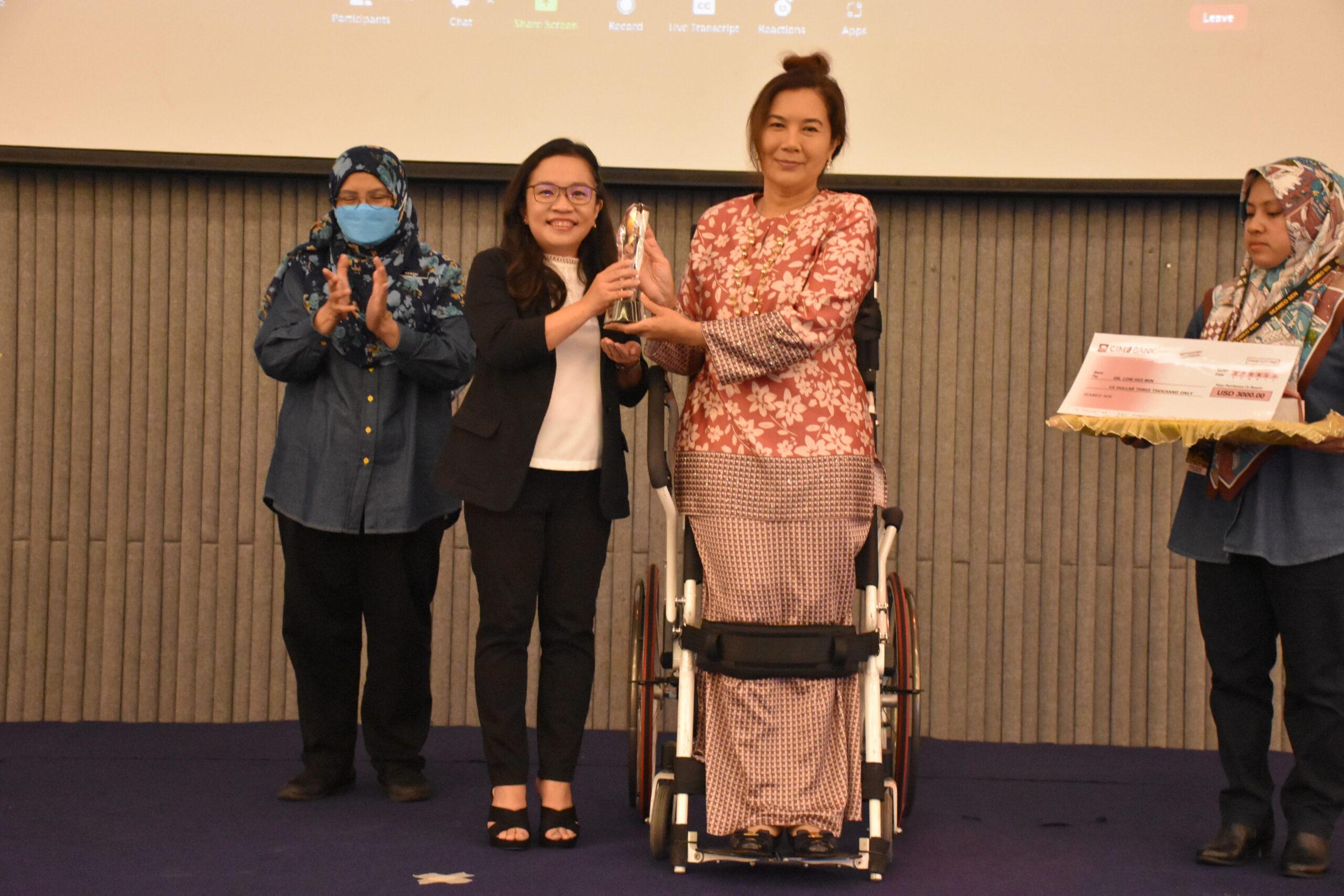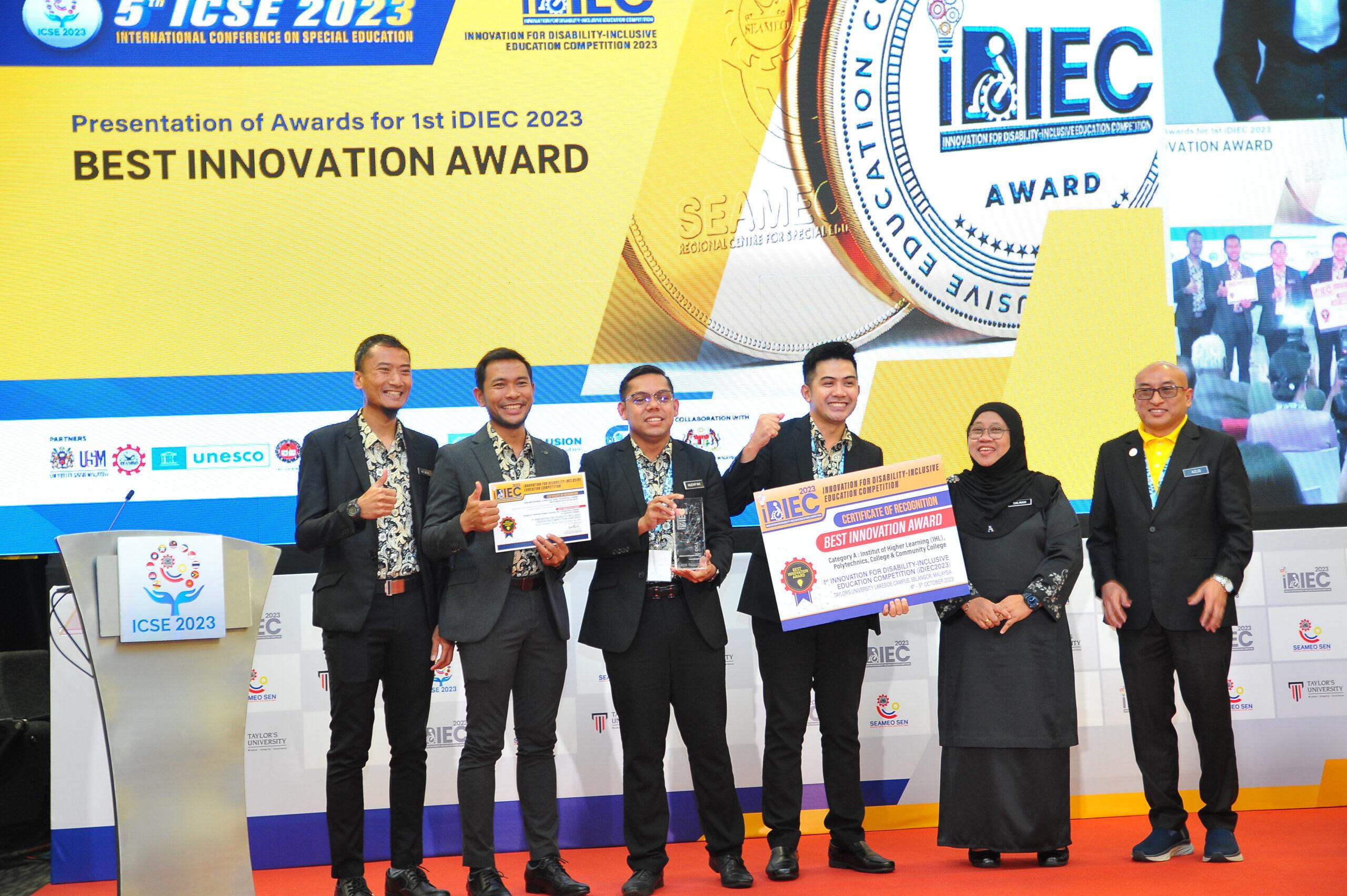THE GLIMPSE OF RESEARCH & INNOVATION
- Overseeing the management and coordination of research projects. This includes identifying research needs, allocating resources, and ensuring effective project planning, execution, documentation and reporting.
- Identifying and securing funding opportunities for research projects and innovation initiatives. This involves researching funding sources, preparing grant proposals, managing grant applications, and ensuring compliance with funding requirements.
- Establishing and nurturing collaborations with external organizations, including academic institutions, industry partners, government agencies, and non-profit organizations in special education. This may involve joint research projects, knowledge sharing and be a referral point by other agencies in special education research.
- Promoting the dissemination of research findings, innovations, and best practices in special education. This includes publishing research papers, organizing conferences or symposiums, delivering presentations, and engaging in knowledge exchange activities.
- Developing and planning innovative programs, such as innovation competitions, boot camps, webinars, showcases, and other related initiatives. This initiative include facilitating knowledge sharing among participants and industry experts through panel discussions, or presentations.
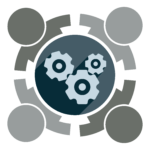
ROLES & FUNCTIONS RESEARCH

Research Project Management
- Developing and issuing calls for research proposals on specific topics of interest to researchers in inclusive and special education.
- Managing the proposal submission and review process, including the formation of expert review committees.
- Facilitating communication with potential researchers and providing necessary support and clarification.
- Overseeing the management and coordination of research projects funded through grants or other funding sources.
- Monitoring project progress, ensuring compliance with research protocols, and addressing any issues or challenges that arise.
- Managing the grant application process, including proposal development, budgeting, and compliance with grant requirements.

Partnership and Collaboration
- Establishing partnerships and collaborations with academic institutions, research organizations, industry associations, and other stakeholders in inclusive and special education to enhance research initiatives.
- Seeking funding opportunities and grants to support research projects activities.
- Identifying potential sponsors interested in supporting research efforts.
- Collaborating with internal stakeholders to identify research needs and align research proposals with organizational goals.
- Developing and maintaining relationships with external organizations to foster knowledge exchange, joint projects, and be a referral point for other agencies in inclusive and special education research.

International Conference Organization
- Planning and organizing international conferences related to inclusive and special education.
- Identifying and inviting keynote speakers, presenters, and panelists.
- Managing logistics, including venue selection, registration, accommodation, and catering.
- Developing conference programmes, scheduling sessions, and coordinating presentations.
- Ensuring a smooth execution of the conference, including audiovisual equipment, technical support, and attendee engagement.

Research Publication
- Managing the publication process for research articles, journals, or conference proceedings.
- Ensuring compliance with publication guidelines and standards.
- Coordinating with researchers, editors, and reviewers to facilitate timely manuscript submission, peer review, and revision processes.
- Disseminating research findings through appropriate channels, such as academic journals, conference proceedings, or other relevant platforms.

ROLES & FUNCTIONS INNOVATION

Programme Planning and Development
- Developing and planning innovative programmes, such as innovation competitions, boot camps, webinars, showcases, and other related initiatives.
- Identifying programme objectives, themes, and target participants.
- Defining programme guidelines, criteria, and timelines.

Programme Coordination and Execution
- Defining programme guidelines, criteria, and timelines.
- Facilitating programme registration, participant selection, and communication with stakeholders.
- Ensuring smooth execution of programmes, including scheduling sessions, organizing activities, and managing technical aspects.

Partnership and Stakeholder Engagement
- Establishing partnerships with relevant organizations and industry experts in inclusive and special education areas.
- Collaborating with partners to enhance programme quality and attract participation.
- Engaging stakeholders through networking opportunities and collaborative initiatives.

Knowledge Sharing and Capacity Building
- Organizing webinars and workshops to enhance participants’ innovation skills and knowledge.
- Facilitating knowledge sharing among participants and industry experts through panel discussions, or presentations.
